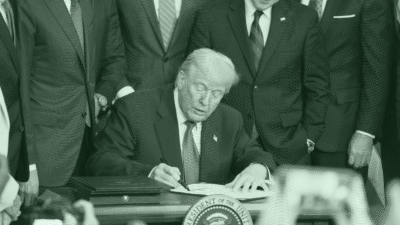How Early Education is Helping Advisors Promote Racial Equality
Black professionals account for just 2% of Certified Financial Planners in the US, according to industry data.

Sign up for market insights, wealth management practice essentials and industry updates.
Sheena Gray, CEO of the Association of African American Financial Advisors, had an “aha moment” two years ago when her association conducted a workshop with the National Football League. Many of the athletes were high earners, but had not been introduced to advice early in their careers. It led to costly financial mistakes.
It was just another example of how the advice industry is still grappling to recruit more Black professionals and ultimately serve more Black clients. “We need to dig deeper and not just focus on underserved communities,” Gray told The Daily Upside. “Even Black executives may not understand the wealth they’ve accumulated and what to do next with it.”
All About Awareness
The good news is that there are groups, like the Association of African American Financial Advisors, known as Quad-A, that are trying to make positive changes. One example is partnering with historically Black colleges and universities to provide prep for the Securities Industry Essentials exam. Quad-A is also offering financial literacy programs at high schools. Gray plans to expand mentorships to college students at schools nationwide in 2025, not just historically Black schools.
Gray notes that traditionally, the advisory profession hasn’t been accessible in Black communities, and implicit biases have limited opportunities. According to CFP Board data, white professionals make up about 82% of Certified Financial Planners, while people of color account for just under 10%, with Black advisors representing only 2%. “You have to start the conversation early,” she said.
A Helping Hand. The Foundation for Financial Planning also emphasizes pro-bono advising in underserved communities as a way to attract more people of color. CEO Jon Dauphine said the “if you can see it, you can be it” approach is crucial to fostering greater representation.
One way is through volunteerism. Only 28% of advisors said their firms encourage pro-bono work, but 46% said they would be more likely to work at a firm that encourages its employees to participate in volunteer services, according to a survey from the FFP last year. That could entice more advisors to work with pro-bono firms and open the door to the next generation of financial planners.
Despite challenges, these initiatives are working to reshape the narrative for Black communities. For Emmanuel Eliason, CEO of Eliason Wealth Management and a CFP, financial advising has traditionally been viewed as exclusive or unwelcoming. “That sort of thinking must be broken,” he said.











